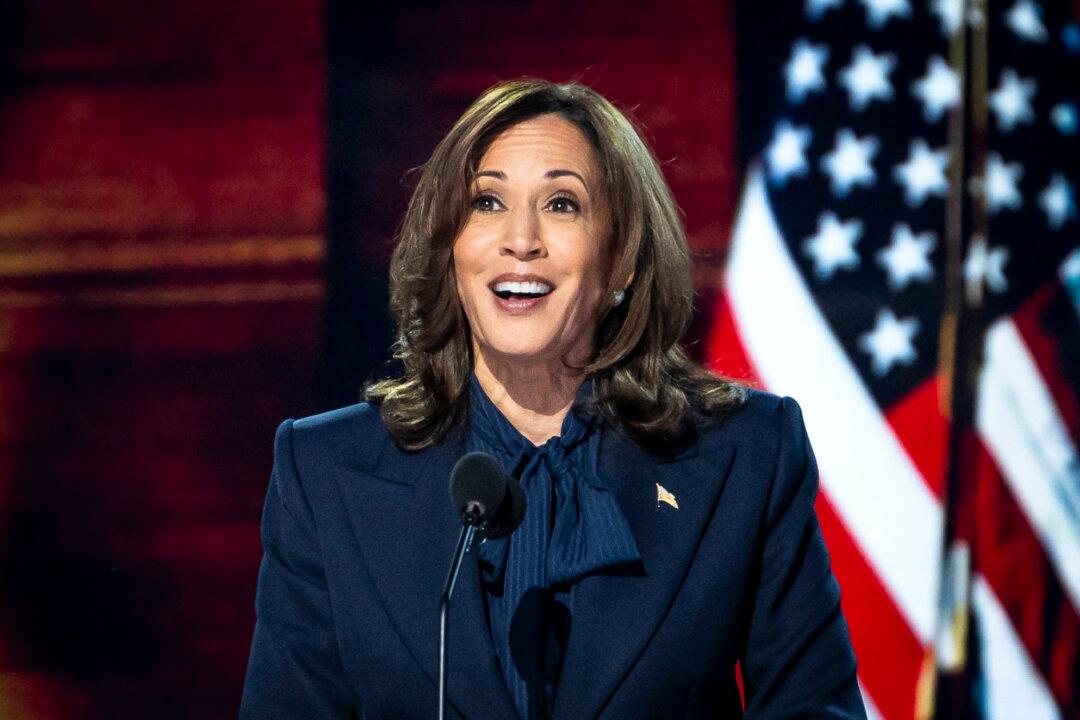The U.S. Chamber of Commerce asked Congress not to raise corporate taxes next year and to support “pro-growth tax policies” that ensure robust economic gains.
In 2017, then-President Donald Trump signed the Tax Cuts and Jobs Act, which reduced the corporate tax rate in the United States to 21 percent from 35 percent. This reduction “increased the aftertax return on capital investments in businesses, made the U.S. tax rates globally competitive, and boosted the amount of revenue accruing to workers through higher wages,” the Chamber of Commerce said in an Aug. 26 post. The legislation is scheduled to end next year. The chamber called on Congress to “preserve our now-competitive business tax rates.”





